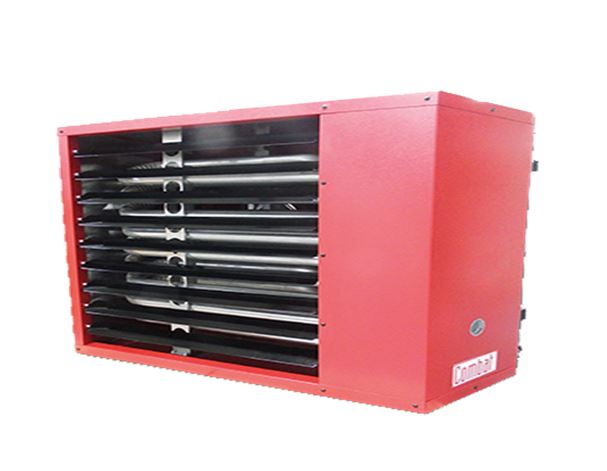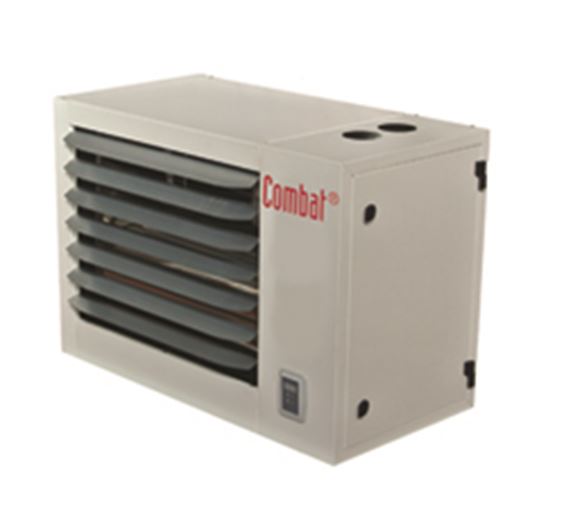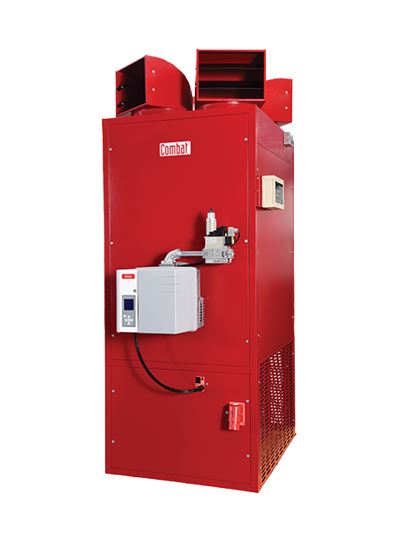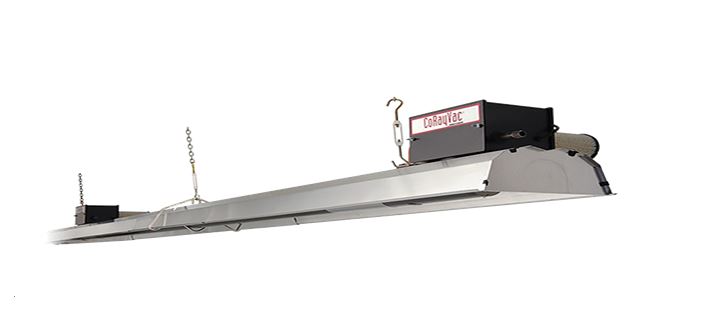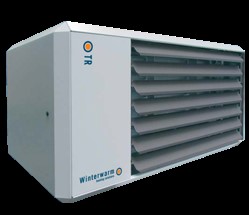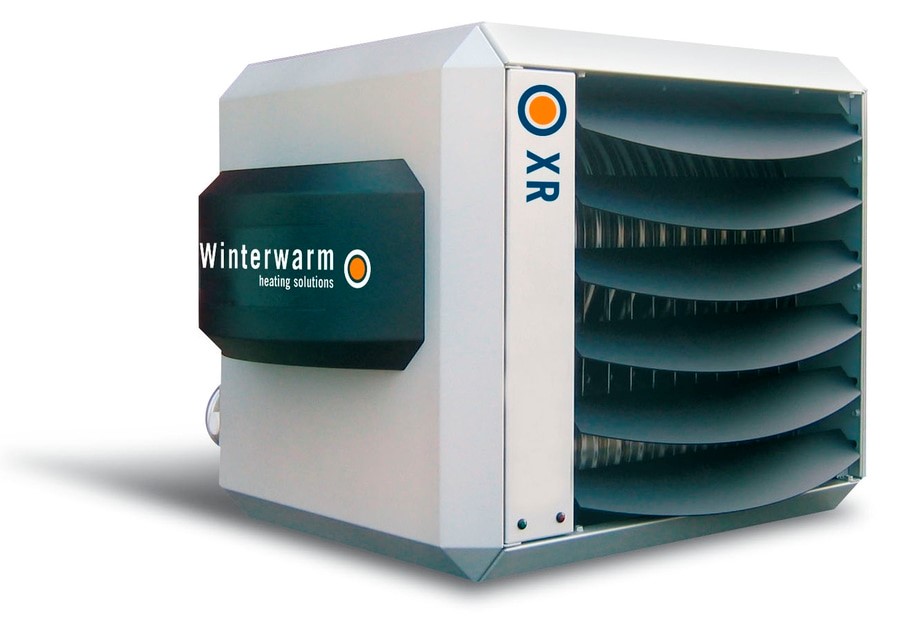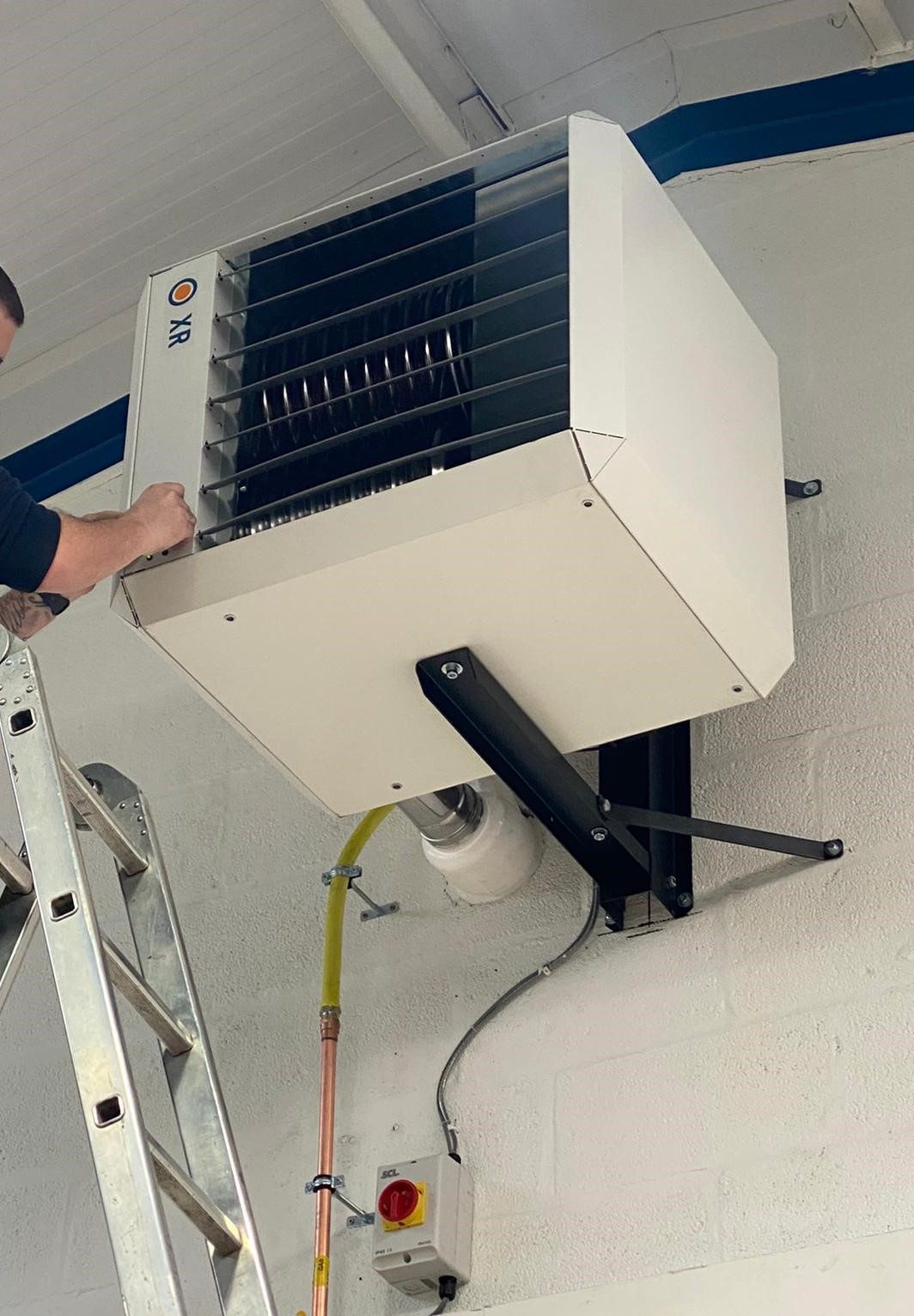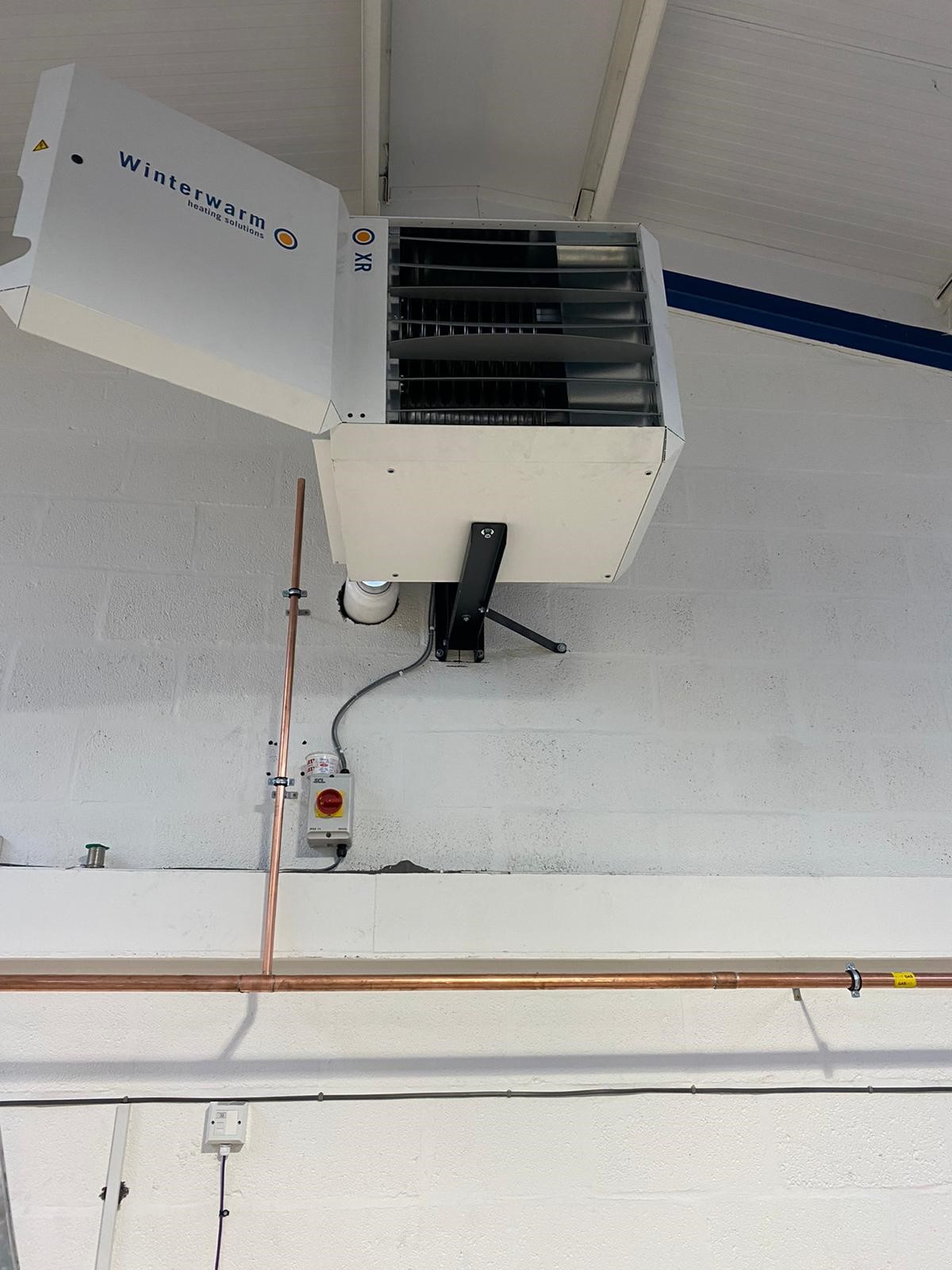
How Often Should You Service Air Conditioning Units?
Most people don’t think about their air conditioning until it stops cooling or heating (air source heat pump air conditioning systems) properly, becomes noisy or the bills start climbing. The truth is, a simple annual service can prevent most of those issues. Regular air conditioning servicing should be done at least once a year, especially for commercial systems. In this guide, we’ll explore how often to service business / commercial air conditioning units and the simple signs that it’s time to book a service.
How Often Should You Service Air Conditioning Units?
Air conditioning systems with an output over 12kW, are legally required to be inspected at least once every five years, under EPB regulations. However, for the best performance, air conditioning units should be inspected, cleaned, and serviced at least once a year. Regular air conditioning servicing keeps your system working efficiently, improves air quality and extends the life of your unit.
How Often Should Commercial / Business Air Conditioning Units Be Serviced?
For most businesses, having your air conditioning serviced once every 12 months is usually sufficient. However, the more frequently your system is serviced, the lower the chance of unexpected breakdowns. If your air conditioning system is used for both cooling and heating, especially during the hotter months, servicing it twice or even three times a year is ideal.
Regular air conditioning maintenance helps identify issues you might not notice, such as dirty filters, worn electrical connections or blocked condenser coils. These small problems can make your system work much harder than necessary, increasing energy consumption and costs. A simple but effective tip is to note down the last time you cleaned or replaced your filter to keep your system running efficiently.
Clogged filters or indoor heat exchangers can cause the indoor fan coil unit to become noisy as it struggles to pull and push air through the system. Eventually, this lack of airflow can cause the fan motor to over-spin, leading to overheating and potential burnout of the motor and electrical components, resulting in costly repairs.
Blocked heat exchangers can also increase refrigerant gas pressure, which may cause the system to ice up, leading to water leaks. In severe cases, the refrigerant gas can turn into liquid and flood the outdoor compressor, resulting in catastrophic compressor failure and very high repair bills.
A well-maintained system doesn’t just cool or heat your space but it can also boost morale and output. Learn more in our guide on how commercial air conditioning improves employee productivity
Benefits of Servicing Commercial Air Conditioning Units More Frequently
Commercial air conditioning systems normally need at least one annual service and often more frequent attention depending on scale, type of system (split type / multi type / VRV or VRF type), complexity, running hours and the environment. Systems in industrial, retail or hospitality settings gather dirt quicker and run for longer periods, so wear builds up faster and more frequent air conditioning servicing pays off.
At Chillaire, we recommend routine visits every six months for many commercial installations. We also offer planned maintenance contracts to manage service schedules.
What Are the Signs That My Air Conditioning Unit Needs Servicing?
You don’t always notice problems with your air conditioning unit until they get serious. Watch out for:
- Rising electricity bills even though your usage hasn’t changed
- The system struggling to reach the thermostat setting on really hot days
- The unit running almost non-stop or cycling on and off a lot
- Unusual noises, burning smells or leaks due to clogged indoor heat exchangers or filters
- Dirt or blockages on the outdoor heat exchanger condenser coil
If any of these happen, it’s a good idea to book an air conditioning service with an accredited surveyor. If your air conditioning is showing signs of age or frequent faults, our guide on when to replace your air conditioner can help you decide if it’s time for a new system.
Schedule a service with Chillaire if your unit shows any of these signs. Our engineers can catch problems early and save you money later.
How Can I Maintain My Air Conditioning Unit Between Servicing’s?
Maintaining your air conditioning unit or system between professional visits helps prolong its life.
- Check filters every month during heavy use and replace them if they look dirty.
- Keep the outdoor condenser clear of leaves and debris.
- Don’t close vents in rooms you’re not using.
- Set your thermostat earlier in the day to avoid lots of short on and off cycles.
- Listen for unusual noises and watch for strong smells, which can be an early warning.
Regular air conditioning maintenance between servicing will help you spot any small issues early.
Air Conditioning Servicing at Chillaire
At Chillaire, we’ve been helping customers across the Midlands with their air conditioning for more than 30 years. Our experienced engineers are trained to handle all types of air conditioning systems, carrying out professional servicing, repairs and maintenance to the highest standards.
When you book a service with us, we take the time to check every part of your system, making sure it’s running safely and efficiently. If it’s been a while since your last service, or you’ve noticed your air conditioning working harder than usual, get in touch with us today.



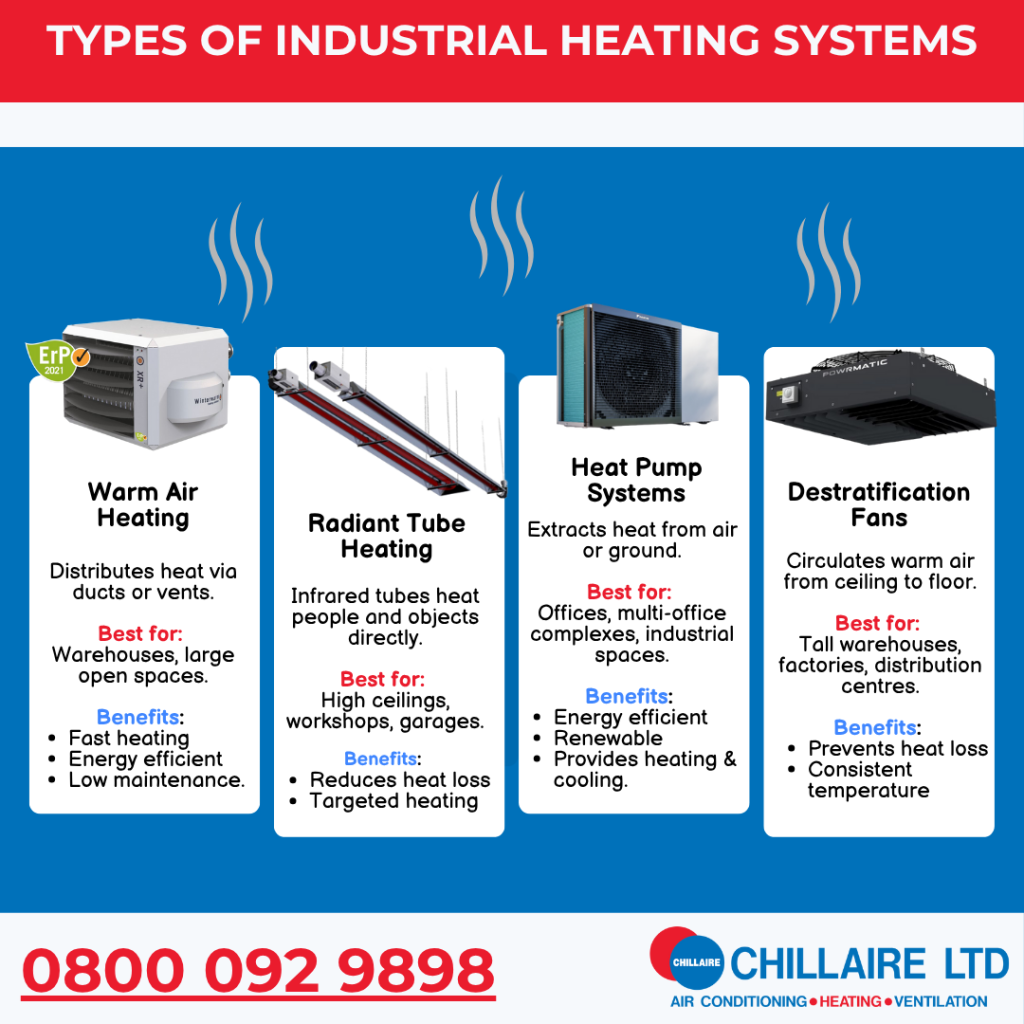

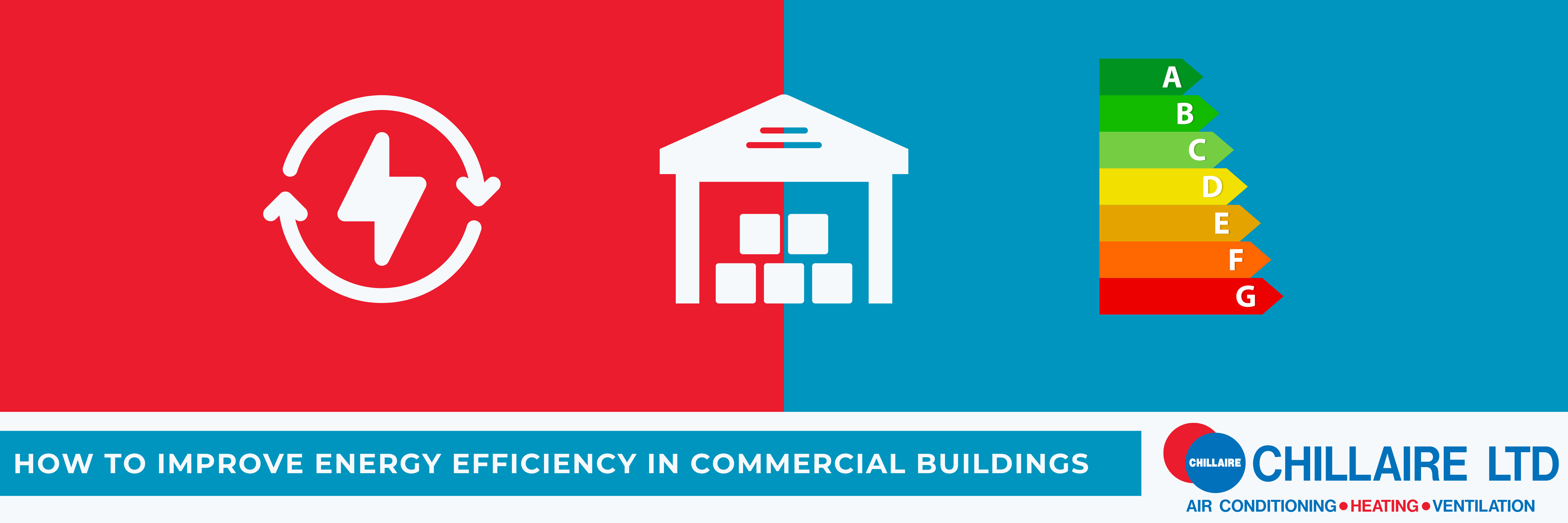
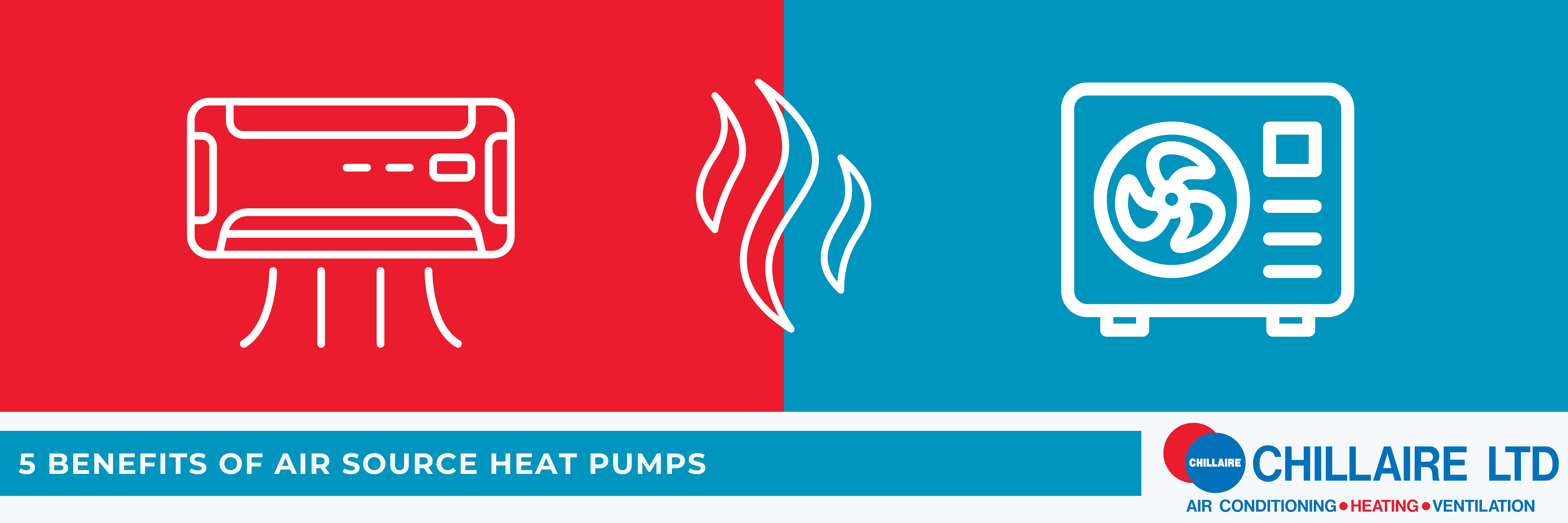
 How to Choose the Right Commercial Heating System
How to Choose the Right Commercial Heating System

